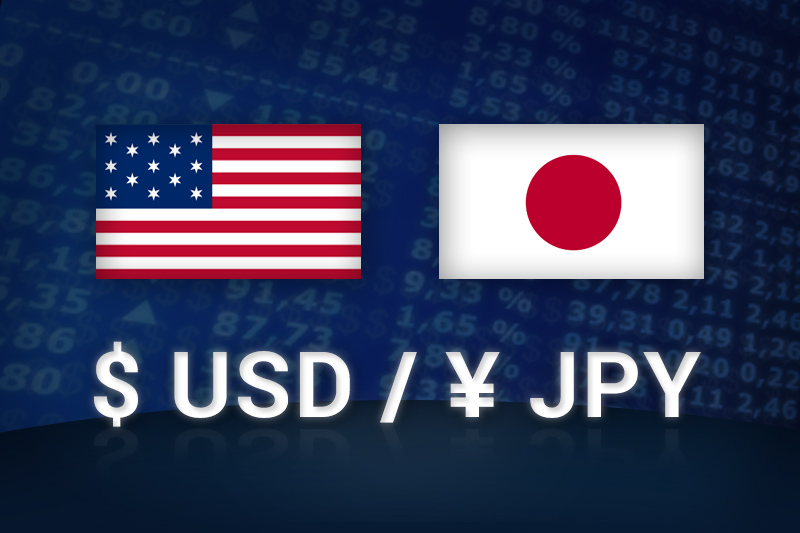Investing.com - The U.S. dollar fell to a four-day low against the yen on Tuesday, as ongoing concerns over the financial crisis in the euro zone boosted safe haven demand, but the yen remained under pressure amid expectations for more easing steps by the Bank of Japan.
USD/JPY hit 80.86 during early European trade, the pair’s lowest since April 18; the pair subsequently consolidated at 80.95, shedding 0.28%.
The pair was likely to find support at 80.64, the low of April 10 and resistance at 81.39, the high of March 1.
Market sentiment remained under pressure after data showed on Monday that the euro zone's manufacturing output slumped to its lowest level since June 2009 this month, while its services sector fell to a five month low.
Concerns also mounted after a Sunday vote in France opened up the presidential race, and Dutch Prime Minister Mark Rutte on Monday tendered his government's resignation in a crisis over budget cuts, creating a political vacuum in one of the region’s most stable nations.
Meanwhile, the yen remained under pressure amid growing expectations that the BoJ will chose to implement further monetary easing at its next policy-setting meeting on April 27.
BoJ Governor Masaaki Shirakawa said at a meeting last week that central bank remains “committed” to monetary easing.
Elsewhere, the yen was also higher against the euro with EUR/JPY slipping 0.18%, to hit 106.62.
Later in the day, the U.S. was to release a report on house price inflation, as well as a Conference Board report on consumer confidence and government data on new home sales.
USD/JPY hit 80.86 during early European trade, the pair’s lowest since April 18; the pair subsequently consolidated at 80.95, shedding 0.28%.
The pair was likely to find support at 80.64, the low of April 10 and resistance at 81.39, the high of March 1.
Market sentiment remained under pressure after data showed on Monday that the euro zone's manufacturing output slumped to its lowest level since June 2009 this month, while its services sector fell to a five month low.
Concerns also mounted after a Sunday vote in France opened up the presidential race, and Dutch Prime Minister Mark Rutte on Monday tendered his government's resignation in a crisis over budget cuts, creating a political vacuum in one of the region’s most stable nations.
Meanwhile, the yen remained under pressure amid growing expectations that the BoJ will chose to implement further monetary easing at its next policy-setting meeting on April 27.
BoJ Governor Masaaki Shirakawa said at a meeting last week that central bank remains “committed” to monetary easing.
Elsewhere, the yen was also higher against the euro with EUR/JPY slipping 0.18%, to hit 106.62.
Later in the day, the U.S. was to release a report on house price inflation, as well as a Conference Board report on consumer confidence and government data on new home sales.
